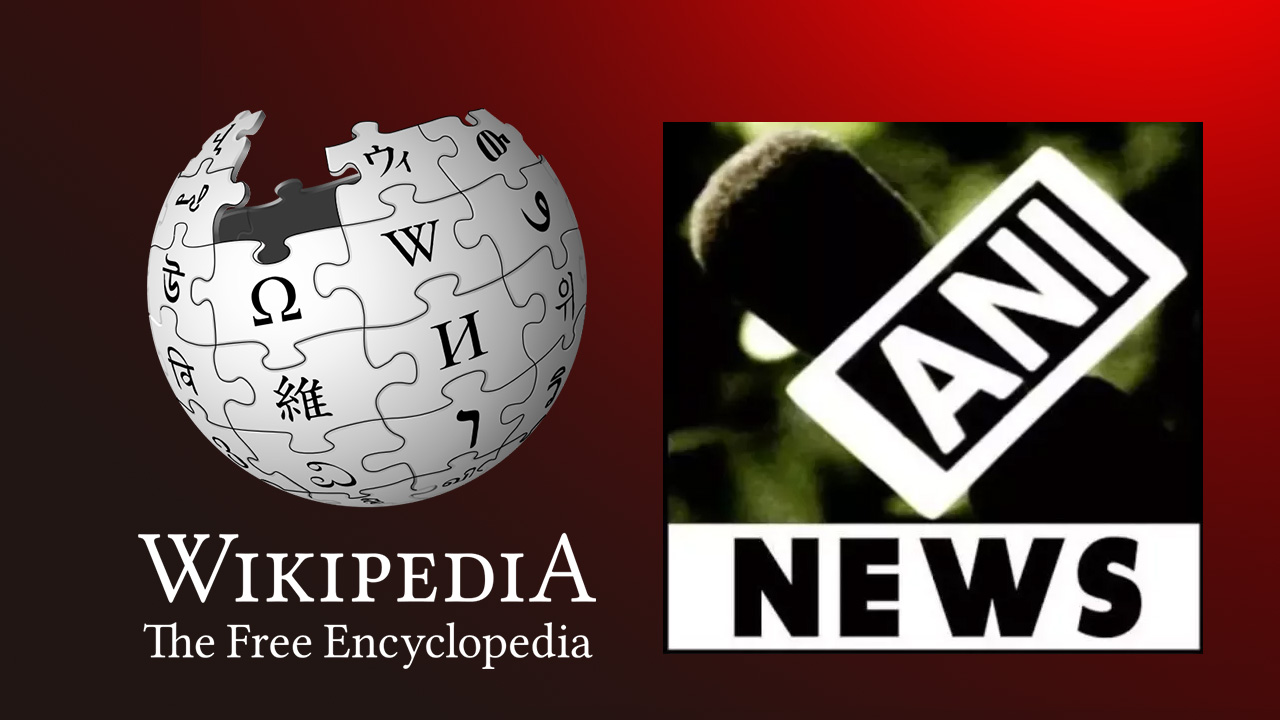 |
|
The Delhi High Court has issued a strong rebuke to Wikipedia in an ongoing defamation battle with Asian News International (ANI), underscoring the gravity of accusations leveled against a news agency and the need for transparency in online platforms. The court emphasized that being labeled a 'puppet' of the government or an 'intelligence agency stooge' carries immense weight and can irreparably damage a news organization's reputation, particularly in an era of increasingly polarized information landscapes.
The case stems from ANI's lawsuit against Wikipedia, alleging that the online encyclopedia published defamatory content about the news agency. The contentious content described ANI as a 'propaganda tool' for the current central government, engaging in the distribution of fake news from dubious sources, and misrepresenting events. ANI has sought not only the removal of this content but also substantial financial compensation for the harm it claims to have suffered.
The court's central concern revolves around the anonymity afforded by Wikipedia's platform. The court argued that Wikipedia, by refusing to disclose the identities of the authors behind the defamatory content, shields them from accountability and leaves ANI with no recourse for defending its reputation. This, the court emphasized, creates a dangerous precedent where baseless accusations can be made with impunity, potentially chilling free speech and undermining the integrity of online information spaces. The court's position underscores the delicate balance between protecting anonymity and ensuring accountability in online communication.
The case also highlights the complex legal landscape surrounding intermediary liability. While platforms like Wikipedia are typically shielded from responsibility for user-generated content, this case demonstrates that exceptions exist when content is demonstrably defamatory and causes significant harm. The court's ruling suggests that platforms cannot simply claim neutrality or intermediary status to evade responsibility for content that directly damages individuals or organizations. The court's stance could have significant implications for the future of online discourse and the responsibilities of platforms in regulating content.
This legal battle raises fundamental questions about the role of online platforms in shaping public discourse. While Wikipedia has established itself as a valuable resource for free and accessible information, its platform's potential for misuse, as evidenced in this case, raises concerns about the need for better safeguards against defamation and misinformation. This case serves as a reminder that online platforms, while promoting free speech and access to information, must also be held accountable for content that harms individuals and institutions.
